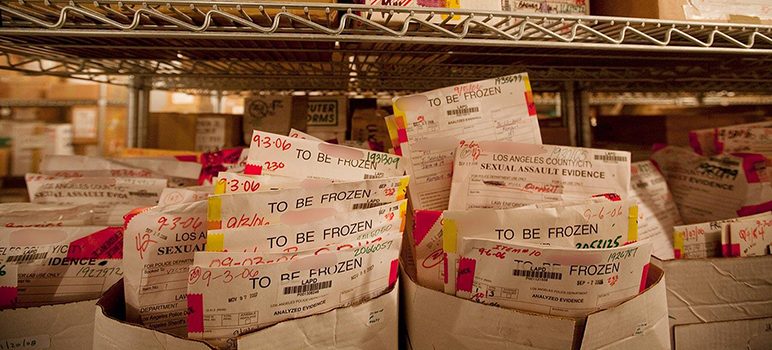Two proposed laws aimed at clearing the backlog of untested rape kits in California come to a vote this week on their respective chamber floors.
Assembly Bill 3118 by Assemblyman David Chiu (D-San Francisco) would require agencies that process sexual assault evidence to take inventory of untested kits and report those statistics to the U.S. Department of Justice by next summer.
Senate Bill 1449 by state Sen. Connie Leyva (D-Chino) slightly revises the language in existing law to make it mandatory—instead of merely recommended—for law enforcement to submit rape kits within 20 days to crime labs and for labs to test the evidence within 120 of receiving it.
Currently, when or whether a rape kit gets tested varies by zip code. Even within Santa Clara County, law enforcement agencies differ on which kits to include in their official backlog. Not all agencies process 100 percent of their kits.
Sometimes, that’s because police already know the identity of the alleged perpetrator. Other times, they already have a confession.
But advocates for full and timely testing say each evidence kit has value. The Joyful Heart Foundation, which has been leading a nationwide campaign to clear sexual assault kit backlogs, says testing the genetic evidence can help incriminate or exonerate.
“The rape kit backlog represents a failure of the criminal justice system to take sexual assault seriously as the violent crime that it is,” says Ilse Knecht, policy and advocacy director for the nonprofit foundation. “Making important changes to how California handles its backlog of untested kits sends a message to survivors that they matter. It also sends a message to perpetrators—often violent and serial offenders—that they will be held accountable.”


It is shameful that this has taken so long. People convicted of crimes pay fines and fees which should cover the cost of additional staff and equipment. Also, many wrongly convicted people may be exonerated.